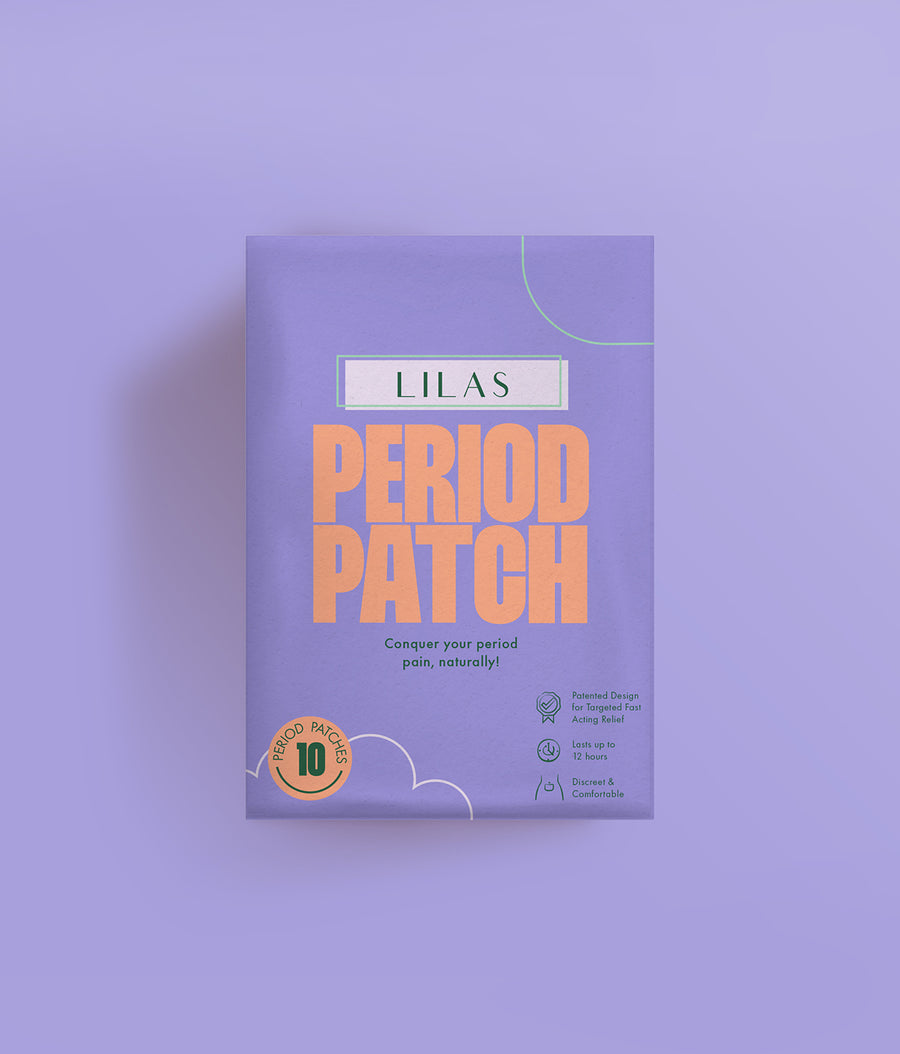Should you use medicinal herbs in your wellness routine?
In my house, for every typical over the counter medicine you’ll see in our cabinets, there's at least one medicinal plant supplement or powder as a counterpart. My mom is a huge advocate of the idea that, though it is important to use and respect the medications that are often prescribed by doctors today, there's so much medicinal power provided in nature that has yet to be fully understood. I’d wager that she’s right. The use of medicinal plants, also known as herbal medicine or phytotherapy, has been integral to human history across cultures for thousands of years. According to an analysis conducted by the World Health Organization, medicinal plants continue to, unsurprisingly, shape understandings of health around the globe. To provide some examples: traditional medicine practices were incorporated into the plan of treating severe acute respiratory syndrome (SARS) in China; eighty percent of African populations use some type of traditional herbal medicine; and annually, people spend $60 billion on medicinal plant products worldwide. Considering their foundational influence and impact, it seems reasonable that medical studies are beginning to further investigate the role of phytotherapy in wellness practices. One study in particular done at the University of Reading determines a positive correlation between the incorporation of herbal medicine in treatment for various diseases and positive health outcomes. Suffice to say, wondering more about medicinal plants could be a way to holistically embrace multiple aspects of health.
There’s something crucial to bear in mind here. As robustly helpful medicinal plants can be, they are not meant to replace other medications recommended by your doctor. On the same coin, more stereotypical medications do not erase the need for plant-based remedies. Neither isn't meant to completely replace the other. Medicinal plants can in some cases be just as effective as stereotypical medications. With that being said, they can also have unpredictable side effects like the usual medications. Let’s look at the examples of ginkgo and lavender. Ginkgo, which comes from trees indigenous to China that can live for 3,000 years, is known to slow cognitive decline, preventing diseases like Alzheimer's and dementia. It's also been associated with bone healing, decreasing anxiety and depression, managing diabetes, and improving eye health. That all sounds fantastic, but there’s a plot twist, *gasp*. Ginkgo seeds are poisonous upon ingesting. Just imagine all the centuries of trial and error it took to determine which parts of gingko were medicinal and which ones were deadly. That is human persistence and ingenuity at its finest. In terms of lavender, we often revel in its soothing scent in teas and oils. Lavender has been correlated with the reduction and regulation of anxiety, stress, blood pressure, and migraines. But, as another though slightly more predictable plot twist, lavender in its pure raw form is poisonous when taken orally. As you can see, though definitively more natural than medications, plant-based remedies aren’t any less precarious. Because the misuse of medicinal plants can be just as harmful as the misuse of stereotypical medications, it is imperative that you are in active dialogue with your doctor about whatever you use to address your health needs.
Considering medicinal plants for use in treatment plans can add much-needed nuance to holistic approaches to health. It also better enables us to appreciate the ways in which nature provides fundamental resources and continually shapes our well-being. Everyone’s journey to wellness is a bit different, some being more comfortable with some methods than others. What matters most is that you talk to a doctor that you trust as you navigate those decisions and embrace what’s best for you in your wellness journey.


Leave a comment